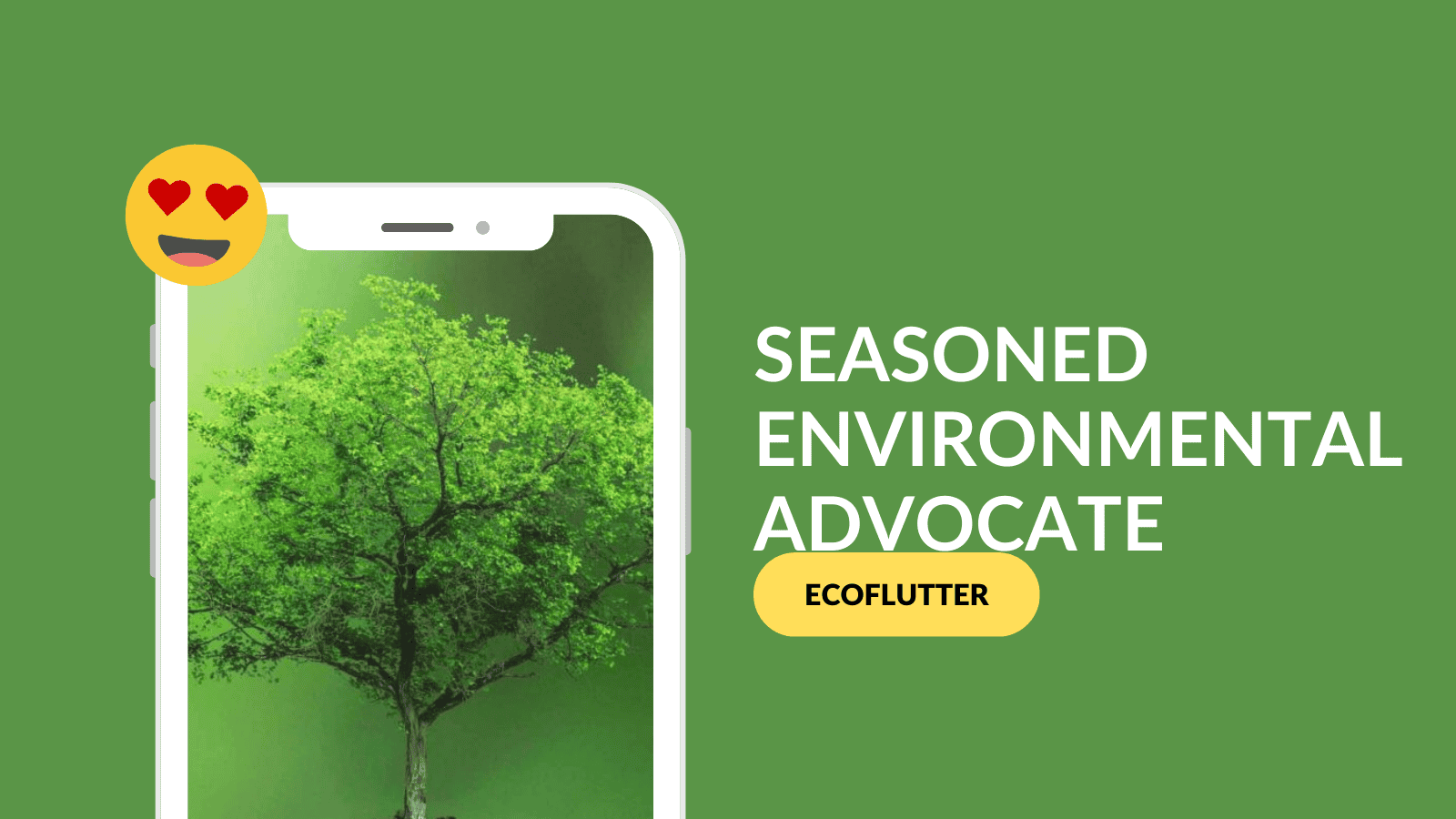The way we work, live, and shop has been significantly changed by the COVID-19 pandemic. The emergence of the eco-friendly consumer has been an important catalyst amongst these shifts.
Growing awareness of the environmental impact of consumer goods has led to a reevaluation of buying decisions, with sustainability emerging as a key consideration.
This transition is forcing adjustments in a variety of industries to come up with creative ways to satisfy consumer demand for sustainable goods.
The Influence of Consumer Decisions on the Environment
Because of the pandemic, people are more conscious of how interrelated we are and how our actions affect the environment. Customers are becoming more conscious of the waste their purchases produce as they spend more time at home.
As a result, there is a growing market for goods with little environmental effect, such as those that emphasise recycling and use sustainable packaging.
Corporate Response: Embracing Sustainability
Many manufacturers of consumer goods are increasing their sustainability initiatives in response to this change in consumer behaviour.
Initiatives like Coca-Cola’s “World Without Waste” aim to collect and recycle every bottle or can they sell by 2030.
This dedication to recycling and sustainable sourcing demonstrates how big businesses are tackling environmental issues.
The need for sustainability has led to incredible progress in the production and creation of products. In the domain of home goods, for instance, businesses are creating laundry detergents with cutting-edge chemistry to use less water and energy.
These environmentally friendly formulas not only work effectively, but they significantly reduce the environmental impact of routine household tasks.
Sustainable Farming and Sourcing
Another important component of the eco-friendly movement is sustainable sourcing.
Agriculture is being revolutionised by vertical farming and indoor farming, which produces food more effectively and with less resources.
These practices, which are frequently improved by AI-assisted farming approaches, maximise growth conditions and reduce waste, enabling the year-round production of local, fresh products regardless of climate.
The Scope of Packaging
Environmentally conscious consumers place a high priority on sustainable packaging.
Materials that are recyclable, biodegradable from renewable resources are being utilised by businesses more and more.
This change not only minimises product waste but also appeals to customers who want to buy products that are environmentally friendly.
Improving the Attitude of Consumers
The rise of the environmentally conscious consumer is changing the nature of the market. Consumers prioritise the companies who demonstrate a sustainability commitment. As the younger generation leads the charge in seeking ethical and environmentally friendly solutions, this trend is especially noticeable among them.
Potential Futures for Eco-Friendly Products
Consumer goods firms are investing in research and development to generate novel solutions that address the growing need for sustainable products. Greener consumer items are becoming more commonplace in the future, from sophisticated farming methods to ecological packaging.
The use of AI and other technology to improve sustainability initiatives is one area to keep an eye on. AI-assisted farming, for instance, can increase crop yields and improve utilisation of resources to promote more sustainable food production. Similar to this, advancements in material science are opening up new possibilities for environmentally friendly packaging solutions that do not compromise usefulness.
In conclusion
Because of the epidemic, eco-friendly consumption has become more common, emphasising the significance of sustainability in all facets of our life. Businesses are adapting by putting sustainability first in their creative solutions as customers grow more aware of their environmental impact.
An emphasis on environmental stewardship is changing the face of consumer goods, from aluminium bottles to reverse vending machines, and from sustainable sourcing to AI-assisted farming. This transition not only helps the environment, but it also satisfies consumer desire for more environmentally friendly items.
